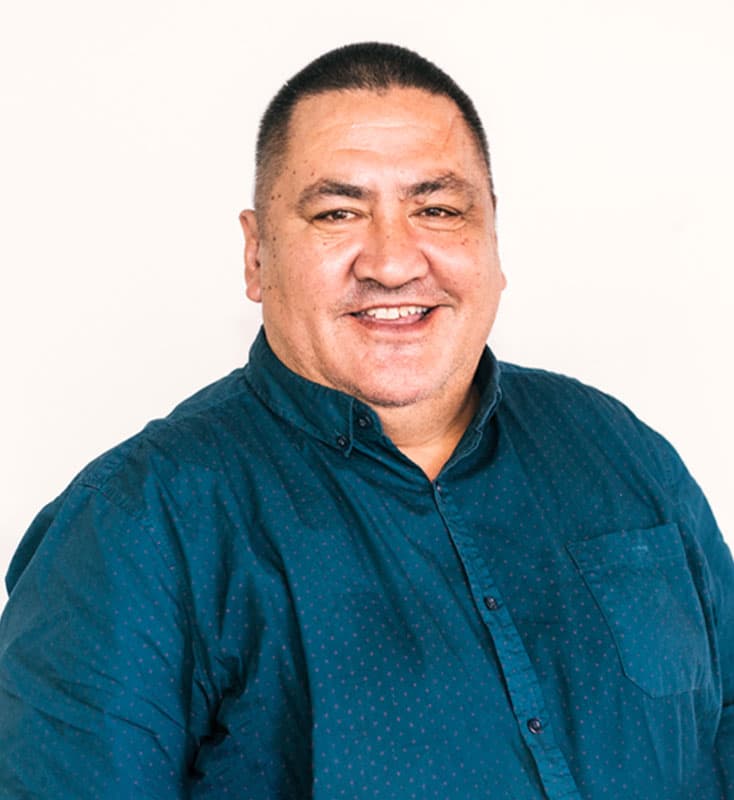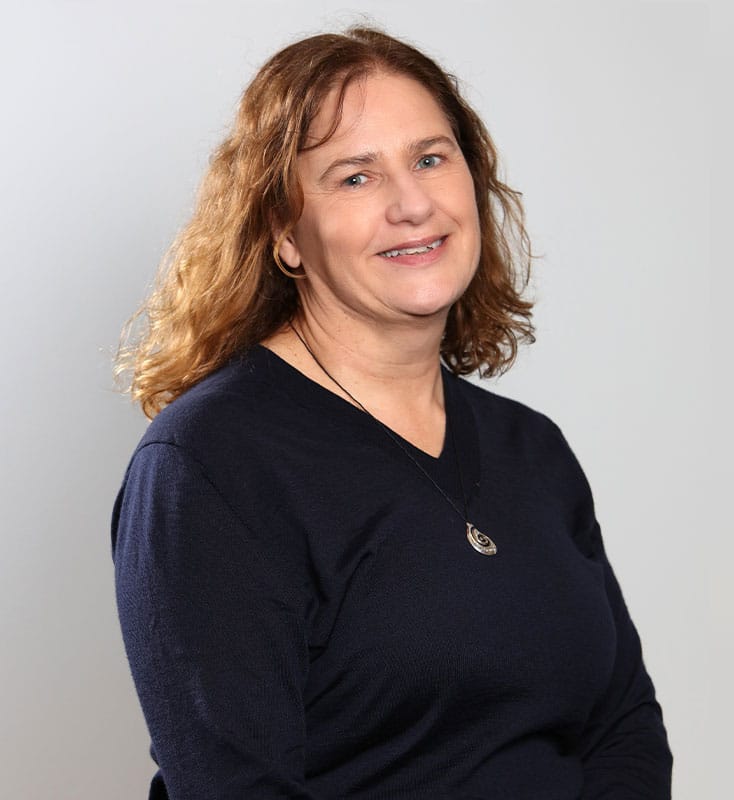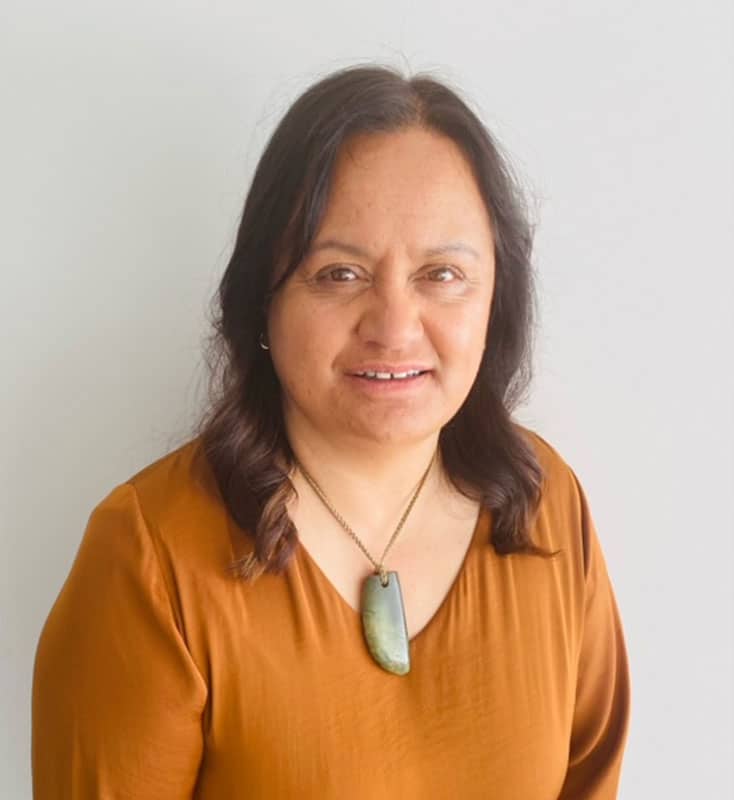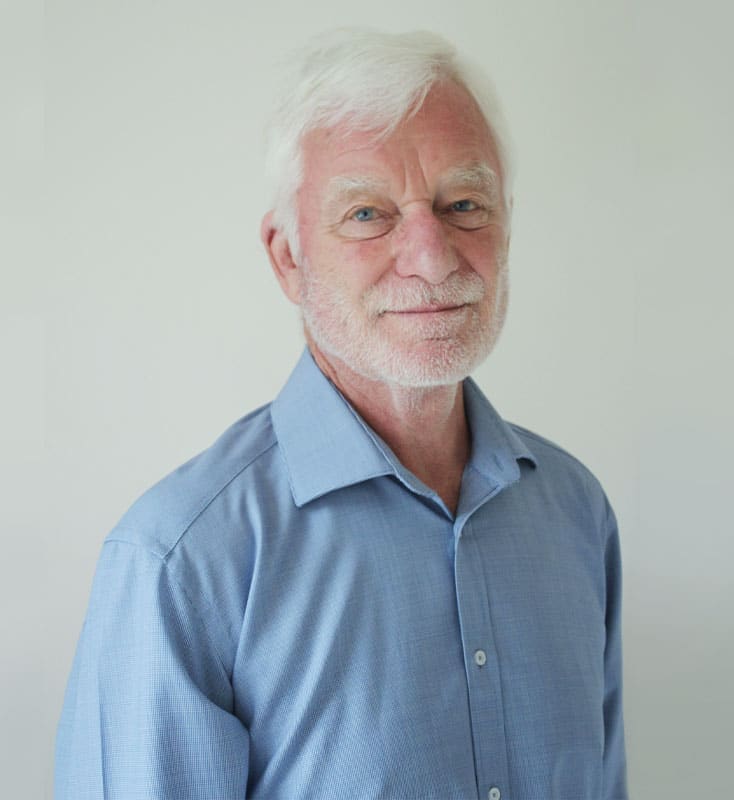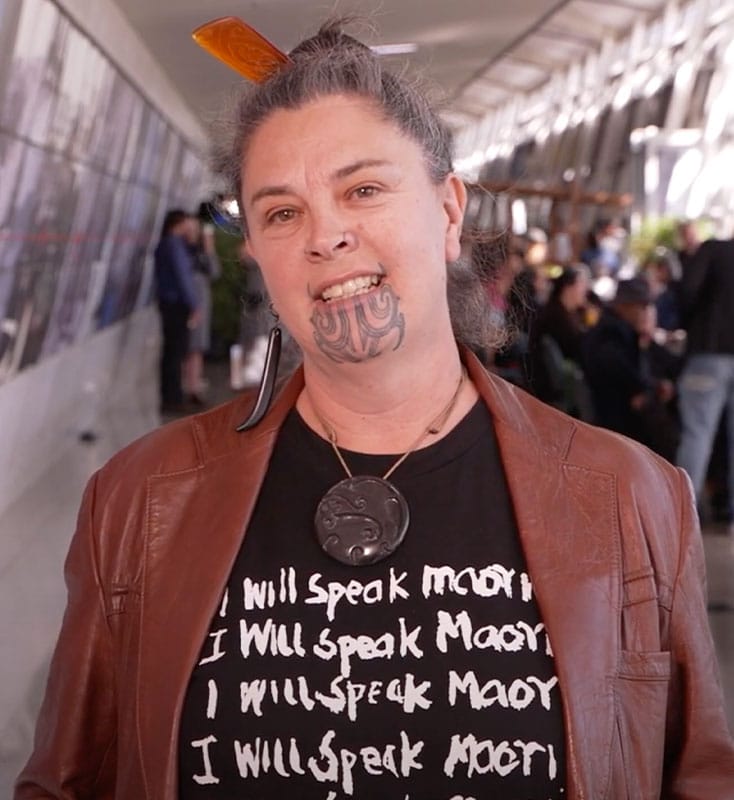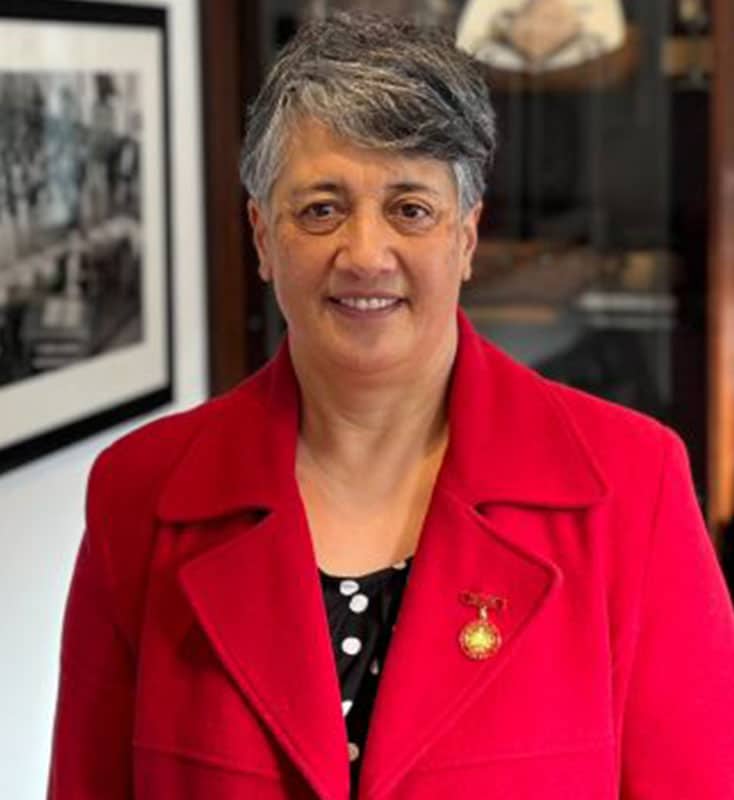In this chapter, Whaanga shares the stories of three women, including herself, who have returned to their ancestral homes in Ōpoutama, Māhanga, and Māhia, located within the traditional territory of Rongomaiwahine.
These women, now recognised as pakeke (elders), have embraced the expectation that, after leaving their homes for education or employment, they would eventually return to contribute their gained skills to their community’s welfare. Whaanga, alongside Ngaromoana Raureti and Joan Ropiha, explores the deep connections between their rural upbringing, their dwellings, and their overall wellbeing (hauora). Ngaromoana, an artist, describes feeling three spiritual calls from the land (karanga) urging her return. Residing again in her childhood cottage on family land, she expresses an enhanced sense of perception in her natural surroundings. Joan, who moved back to Māhia in 2003 to raise her daughter among her family and the teachings of her elders, and Mere, who returned after a 12-year absence spent in urban centres for professional growth, recount their motivations and the fulfillment they find in living on ancestral lands. Upon their return, all three women have actively engaged in community work, leveraging their experiences and skills. Ngaromoana participated in a protest against coastal development that threatened a sacred site, Joan has been involved in environmental advocacy and cultural preservation efforts, and Mere contributed as a historian to Treaty claims and reconciliation efforts. Moreover, they emphasise the importance of raising their children on the land of their forebears, ensuring the continuity of a profound connection with their cultural and spiritual heritage. This chapter not only highlights the personal narratives of these women but also underscores the intrinsic link between land, identity, and community health in Māori culture. Through their stories, Whaanga illuminates the rich, ongoing relationship between the Māori people and their ancestral lands, marked by a commitment to stewardship, community service, and cultural preservation.


